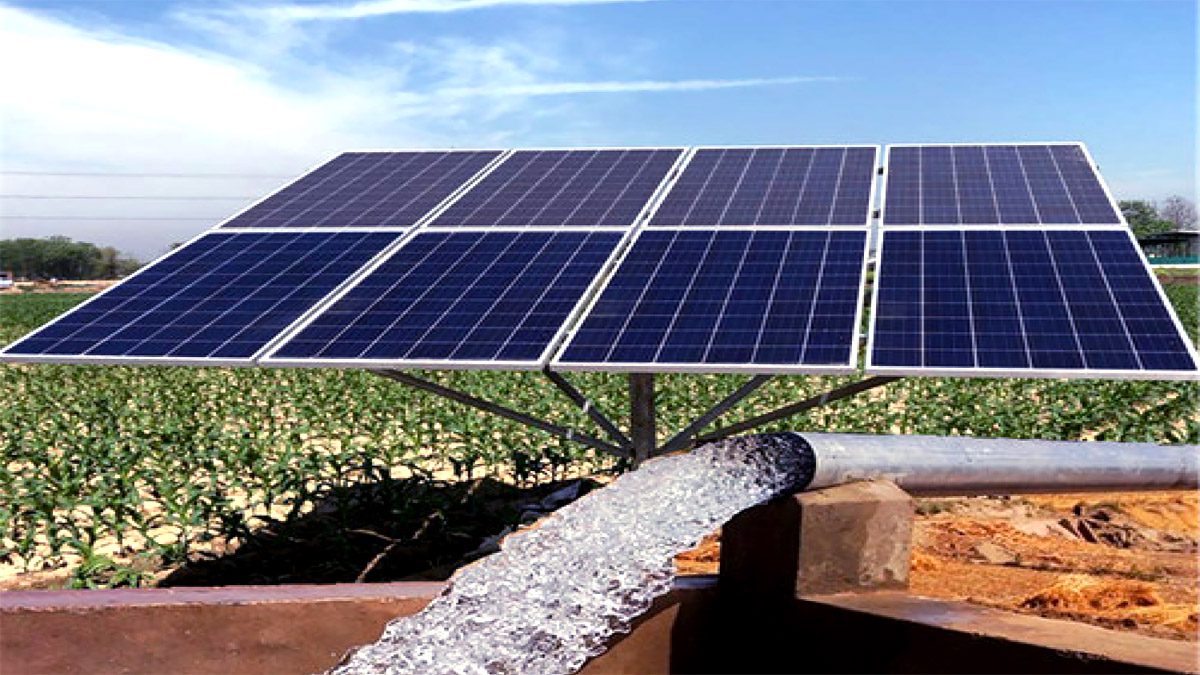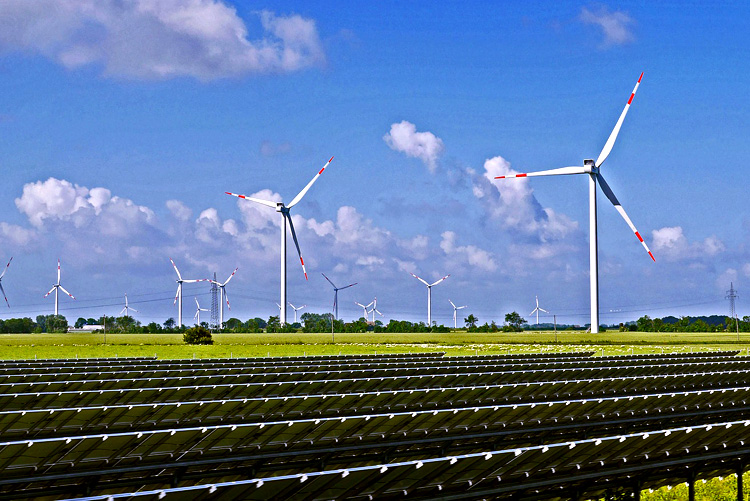The ambitious Pradhan Mantri Kisan Urja Suraksha evam Utthan Mahabhiyan (PM-KUSUM) Scheme, launched in March 2019 and scaled-up in November 2020, has encountered hurdles in its implementation. Union Power and New and Renewable Energy Minister, RK Singh, highlighted two major challenges hampering the progress of the scheme.
The PM-KUSUM Scheme, envisioned to drive sustainable agriculture by promoting solar power usage among farmers, aims to achieve significant solar capacity addition through three key components. Component ‘A’ targets the installation of 10 GW of small solar power plants with a capacity of up to 2 MW each on barren or fallow land owned by farmers. Component ‘B’ focuses on the installation of 20 lakh standalone off-grid solar water pumps, while Component ‘C’ aims to solarize 15 lakh existing grid-connected agriculture pumps, including feeder level solarization (FLS). The collective goal is to add 30.8 GW of additional solar capacity, contributing to India’s renewable energy growth.
However, the successful implementation of the scheme has been met with challenges. Minister RK Singh pointed out that one of the primary impediments is the availability of low-cost financing for farmers. Solar power installations, especially on a large scale, require substantial investments, and many farmers face difficulties in accessing affordable financing options to participate in the scheme. To overcome this obstacle, the government must work closely with financial institutions and formulate schemes that facilitate easy and cost-effective access to funds for the farming community.
The second significant challenge faced by the PM-KUSUM Scheme is the impact of the COVID-19 pandemic on its progress. The unforeseen outbreak of the pandemic in 2020 and its subsequent waves in 2021 and 2022 disrupted various economic activities, including the implementation of the scheme. Lockdowns, restrictions, and health-related concerns led to delays in project execution, resulting in a slower pace of achieving targets.
As of June 30, 2023, the progress report indicates that a total of 113.08 MW capacity has been installed under Component ‘A’, with approximately 2.45 lakh pumps installed or solarized under Components ‘B’ and ‘C’ combined, equivalent to about 1323 MW of installed solar capacity. In financial terms, more than ₹1,646 Crore has been released to State Implementing Agencies (SIAs) to support the scheme’s execution.
The PM-KUSUM Scheme is demand-driven, and allocations under its components are determined based on the demand received from various States and Union Territories. The release of funds to SIAs depends on the progress of installation reported by these implementing agencies, adhering to the guidelines set forth by the scheme.
To address the challenges and propel the scheme forward, Minister RK Singh emphasizes the importance of innovative financial mechanisms that can facilitate farmer participation and commitment. The government is also taking measures to mitigate the COVID-19 impact and accelerate implementation in the coming months.




